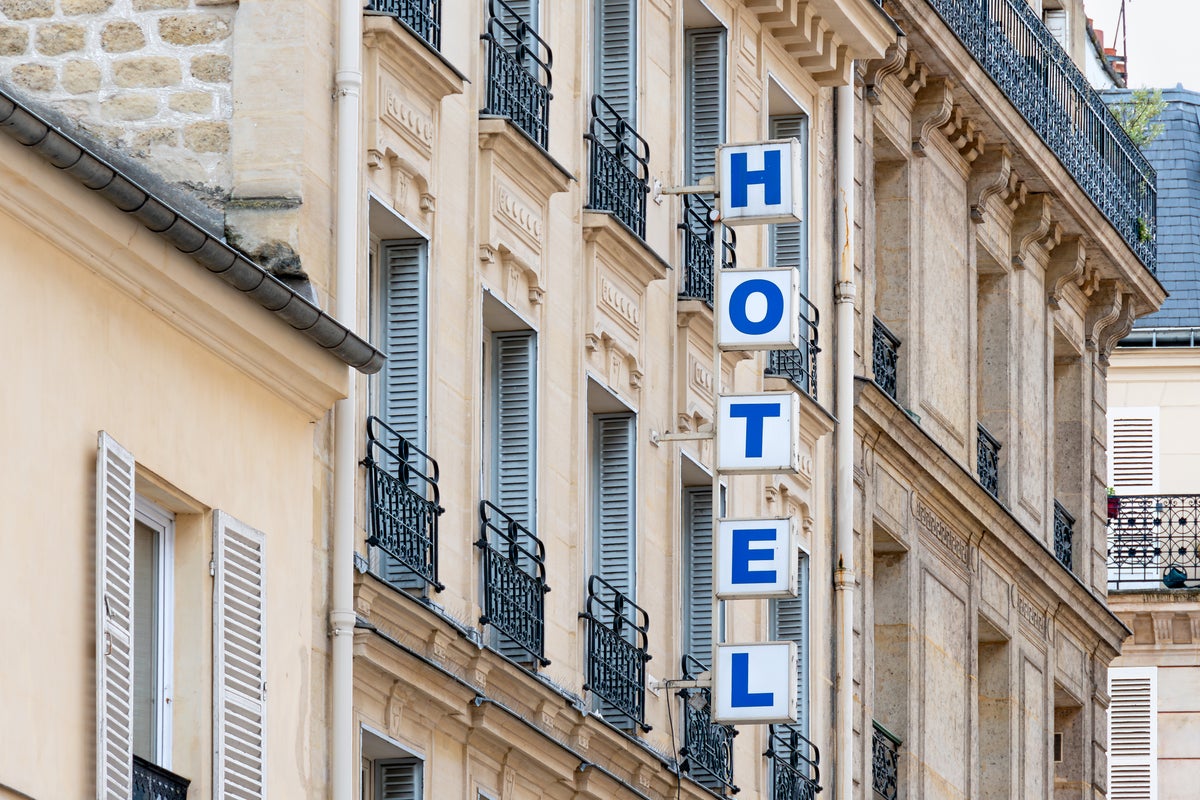
Thousands of European hotels are taking legal action against Booking.com, claiming they are owed compensation for “inflated costs” over 20 years.
Almost 10,000 hotels in the Association of Hotels, Restaurants and Cafes in Europe (Hotrec) claim that Booking.com’s parity clauses stopped them from offering lower prices and better availability on other platforms or their own websites.
According to the association, the website's use of “best price” parity clauses caused “substantial financial harm” to hotels across Europe.
On 19 September 2024, a judgment by the European Court of Justice (ECJ) “found that the rental platform’s parity clauses had breached EU competition law”, said the group.
Hotrec alleged in a statement that these clauses had led to “inflated commission rates, suppressed direct bookings, and distorted online market competition.”
It added that affected hotels may be eligible for compensation for commissions paid to Booking.com between 2004 and 2024.
On 30 July, Hotrec extended the deadline for all eligible hotels to register for the collective action until 29 August 2025. The lawsuit is expected to be one of the largest ever filed in the European hospitality sector, and is supported by national hotel associations from 30 countries, including Britain.
“The collective action has received overwhelming support. Extending the registration deadline will ensure that all interested hotels have a fair chance to participate, despite it being peak season,” said Marie Audren, director general of Hotrec.
The Stichting Hotel Claims Alliance is coordinating the legal claim before it is brought before the courts in the Netherlands.
Alexandros Vassilikos, president of Hotrec, said: “European hoteliers have long endured unfair conditions and inflated costs. Now is the time to stand together and seek redress.
“This collective action sends a strong message: abusive practices in the digital marketplace will not go unchallenged.”
Booking.com called Hotrec’s statement “incorrect and misleading” in a statement to The Independent, adding that it has not received any formal notification of a class action.
A spokesperson for the platform said: “The statements made by HOTREC and other hotel associations are incorrect and misleading. The ECJ ruling that HOTREC and other hotel associations have been referencing to validate a potential class action did not conclude that Booking.com's price parity clauses were anti-competitive.
“In fact, the ECJ was not even asked to assess whether our clauses had anti-competitive effects or any impact on competition. The Court simply stated that such clauses fall within the scope of EU competition law and that their effects must be assessed on a case-by-case basis.”
For more travel news and advice, listen to Simon Calder’s podcast
I’ve discovered a hidden gem on the Greek mainland that’s perfect for a short break
Taking your clan on a staycation? These are the UK’s best family-friendly hotels
Holiday roulette? Boss of Booking.com proposes lottery to tackle overtourism
This grand Scottish hotel offers the ultimate stay for golfers
Norwich Castle fully reopens after five year closure for £27.5m renovation
Oceania Cruises reveals new 129-day around-the-world voyage from Sydney to London







